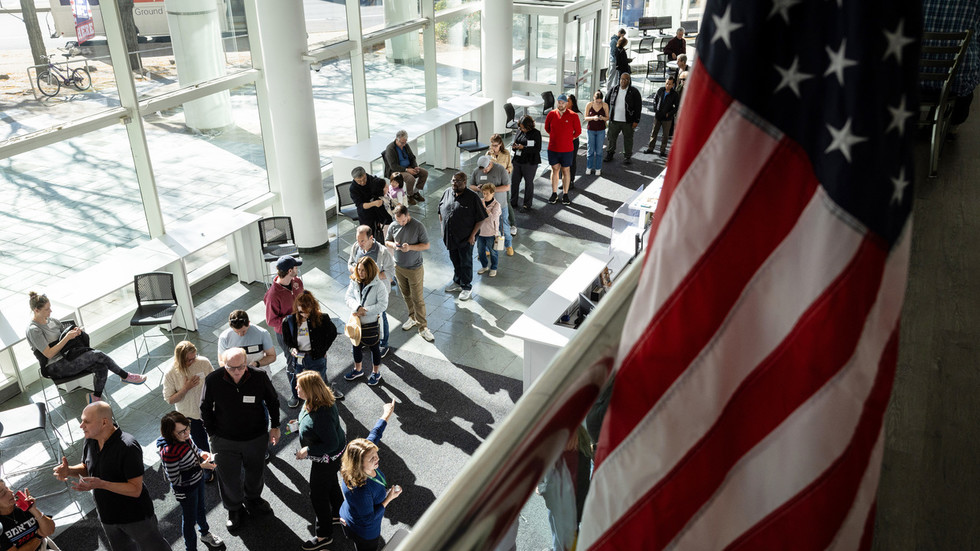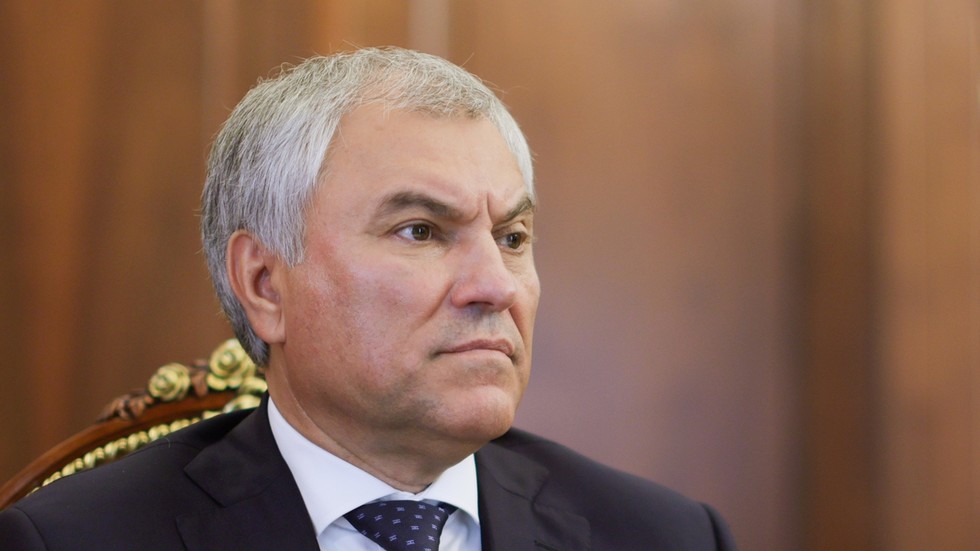As the EU prepares to vote in parliamentary elections the big issues for Walter Baier, the lead candidate of the European Left, are the cost of living crisis, the war in Gaza and the rise of the far right. He discusses these and other concerns with Aïda Sánchez Alonso in The Global Conversation.
After ten years as chairman of the Austrian Communist Party Walter Baier was selected by the European Left group to spearhead its challenge in June's European elections. He said he accepted the role because he's "committed to a social and peaceful Europe."
Against European militarisation
But the shadow of war is hanging over Europe since Russia's invasion of Ukraine. To confront this aggression many European governments are scaling up armaments production, not just to support Ukraine but also to boost their own defence. So, why is the Left group calling for less militarisation?
"The Member States of the European Union spent €270 billion for armament." Baier tells Global Conversation. "Compare it with the armament expenditure of Russia, for example, which is about €100 billion and they are in war. So, I mean, nobody can say that we are not sufficiently equipped.
"And we are asking, is it enough or not? We have 15,000 nuclear warheads in the world, which would allow to 150 times destroy the world. Is it enough or is it not enough?
Ukraine war ceasefire
Baier is calling for Ukraine and Russia to begin ceasefire negotations, with the involvement of the EU and the US. But on the question of whether Kyiv should cede territory in any future agreement with Russia he is less clear:
"I would say it's not up to me to give advice or to The Left to design the peace agreement. We should respect the decisions of the Ukrainian people and the Ukrainian government."
Sanctions against Israel
Another war preoccupying Europeans is the conflict in Gaza. The Left is calling for sanctions against Israel and accuses the EU of double standards for not taking the same kind of harsh measures it imposed on Russia:
"When it comes to the character of these sanctions, I would say, for example, it would be relevant to suspend the association agreement between the European Union and Israel, Baier says.
"Not forever, but as long as the Israeli government does not accept the right of the Palestinians in Gaza for safety and for security and as long as they continue this terrible war against civilians, we cannot behave as if nothing happened."
Inflation and inequality
The Left is making the surge in inflation and social inequalities front and centre of its campaign. While these are widespread concerns, polls suggest the group has failed to capitalise on them. Baier says the final results may suggest otherwise:
"First of all, the elections are not yet done. And we will see the outcome. I think that the combination of the social and ecological question is on the top of the agenda. And it's worth while mentioning that in this Eurobarometer survey, which you quote, migration comes at place seven," he adds.
"There is, so to say, a huge mystification. The real problems of the Europeans are affordable housing, secure jobs, social equality in implementing the Green Deal. And we will focus on this in the electoral campaign. And I'm pretty sure that in a number of countries, we will see very good results."
Rise of the far-right
However, ahead of the vote surveys indicate it's the far right across many countries who appear set to see good results. Baier blames the centre-right for allowing the extremist narrative to flourish:
"[To] a large extent, it has to do with the legitimisation of the agenda of the far right by the established parties. Look at the migration discourse. It's framed as a question of security. That's the agenda of the far right. Instead of opposing the far right narrative by saying "no, it's about humans and it's about solidarity and it's about fairness". The established parties integrate the far right discourse in their own narrative.
"And the most recent proof for this is the migration pact now decided in the European Parliament and in the European Council, which actually is the negation of the individual right of asylum. And it's nothing but legitimizing that what the far right is saying. And it's wrong. It's strategically wrong. It's morally wrong. Strategically it's wrong because it means embracing the discourse of the far right. And what concerns the humanist aspect, it's simply, it's a shame."
Click on the video above to see the interview in full.

 5 months ago
37
5 months ago
37









